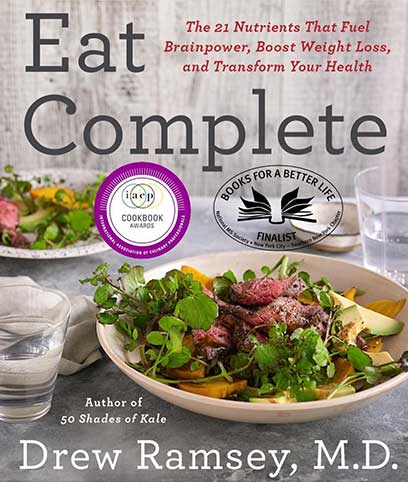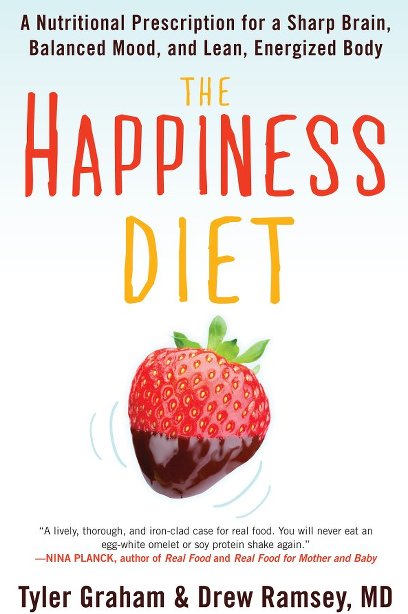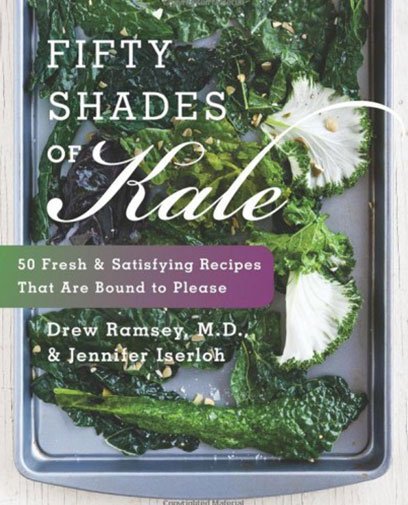This is the most recent review of all the data on diet and ADHD. This is a gold-mine of a paper that is very well written and presents the whole spectrum of evidence. If you are interested in the issue of diet and ADHD, this is a must read. Just like we are increasingly linking depression to dietary patterns, the data seems increasingly clear that for some, symptoms of ADHD can be ameliorated by dietary change.
| Authors | JG Millichap, MM Yee |
| Institution | Division of Neurology, Children’s Memorial Hospital, Chicago |
| Publication Name | Pediatrics |
| Publication Date | February 2012 |
This article is intended to provide a comprehensive overview of the role of dietary methods for treatment of children with attention-deficit/hyperactivity disorder (ADHD) when pharmacotherapy has proven unsatisfactory or unacceptable. Results of recent research and controlled studies, based on a PubMed search, are emphasized and compared with earlier reports. The recent increase of interest in this form of therapy for ADHD, and especially in the use of omega supplements, significance of iron deficiency, and the avoidance of the “Western pattern” diet, make the discussion timely. Diets to reduce symptoms associated with ADHD include sugar-restricted, additive/preservative-free, oligoantigenic/elimination, and fatty acid supplements. Omega-3 supplement is the latest dietary treatment with positive reports of efficacy, and interest in the additive-free diet of the 1970s is occasionally revived. A provocative report draws attention to the ADHD-associated “Western-style” diet, high in fat and refined sugars, and the ADHD-free “healthy” diet, containing fiber, folate, and omega-3 fatty acids. The literature on diets and ADHD, listed by PubMed, is reviewed with emphasis on recent controlled studies. Recommendations for the use of diets are based on current opinion of published reports and our practice experience. Indications for dietary therapy include medication failure, parental or patient preference, iron deficiency, and, when appropriate, change from an ADHD-linked Western diet to an ADHD-free healthy diet. Foods associated with ADHD to be avoided and those not linked with ADHD and preferred are listed. In practice, additive-free and oligoantigenic/elimination diets are time-consuming and disruptive to the household; they are indicated only in selected patients. Iron and zinc are supplemented in patients with known deficiencies; they may also enhance the effectiveness of stimulant therapy. In patients failing to respond or with parents opposed to medication, omega-3 supplements may warrant a trial. A greater attention to the education of parents and children in a healthy dietary pattern, omitting items shown to predispose to ADHD, is perhaps the most promising and practical complementary or alternative treatment of ADHD.








